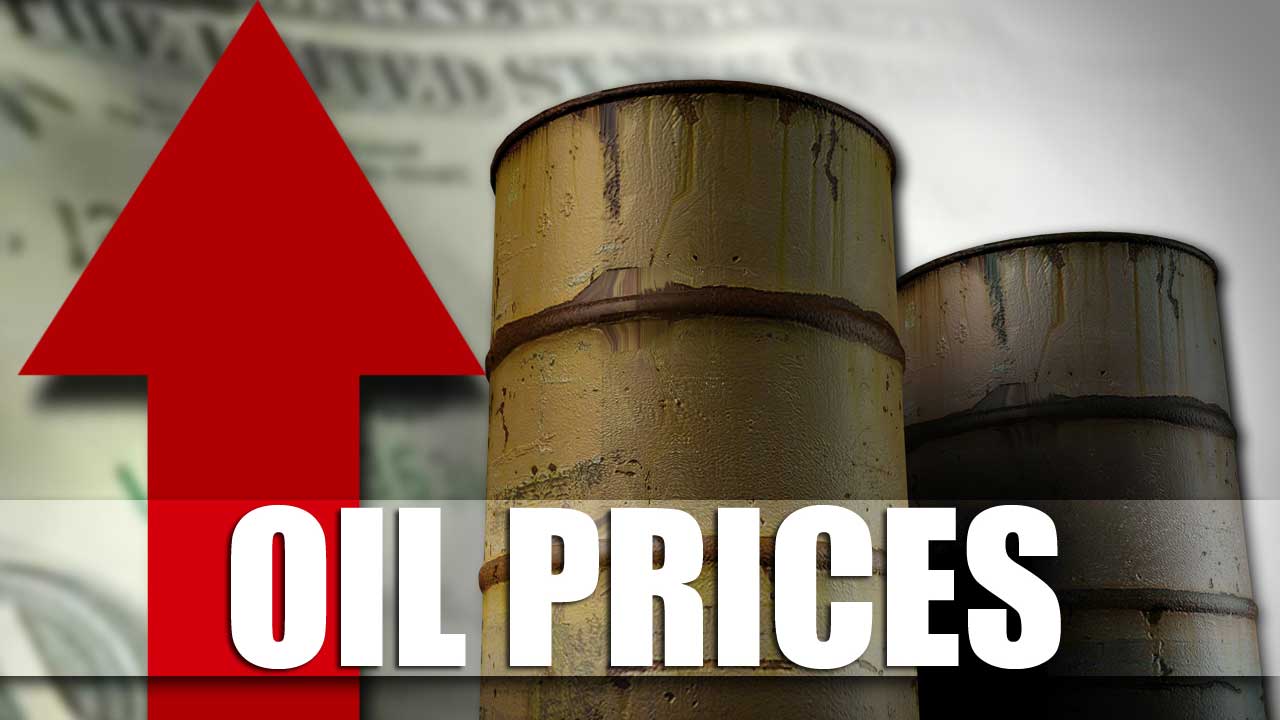A potential breakthrough in the Sino-U.S. trade war and OPEC-led efforts to constrain supply led to rise in oil prices on Thursday, although trading was quiet as many markets were in holiday mode.
The U.S.-China trade war has been affecting the price of oil over time, often with increases in prospect of an end to the war and dimming when the trade war seem unabating.
Brent crude was up 28 cents, or 0.4%, at $67.48 a barrel by 0651 GMT.
West Texas Intermediate CLc1 was up 25 cents, also a 0.4% gain, at $61.36 a barrel.
“Oil prices continue to show year-end strength supported by a combination of definitive progress on the U.S.-China trade deal, the Dec OPEC/OPEC+ agreement, and slowing shale activity,” said Stephen Innes, chief Asia market strategist at AxiTrader.
“All of which is pointing to a stronger performance for oil prices in Q1 than anyone had thought only two months ago.”
U.S. President Donald Trump said on Tuesday he and Chinese President Xi Jinping will have a signing ceremony for the so-called Phase 1 agreement to end their trade dispute that was put together earlier this month.
The roughly 17-month trade war hit global economic growth and demand for oil, leaving prices range-bound for the most of the year.
Lower demand also rendered supply cuts by the Organization of Petroleum Exporting Countries (OPEC) and allies including Russia less effective in supporting the market.
The so-called OPEC+ grouping agreed in November to extend and deepen production cuts that would take as much as 2.1 million barrels per day (bpd) of supply off the market, or roughly 2% of global demand.
U.S. producers, not party to the OPEC+ agreement, have been pumping record amounts of oil, especially shale crude, to fill any supply gaps. Growth in production in the U.S. is forecast by many to slow, however.
Still, more supply is coming in the new year with Saudi Arabia and Kuwait earlier this week agreeing to end a dispute over their Neutral Zone, which can supply as much as 500,000 barrels per day of oil, or about 0.5% of global demand. (Reuters/NAN)





Leave a Reply